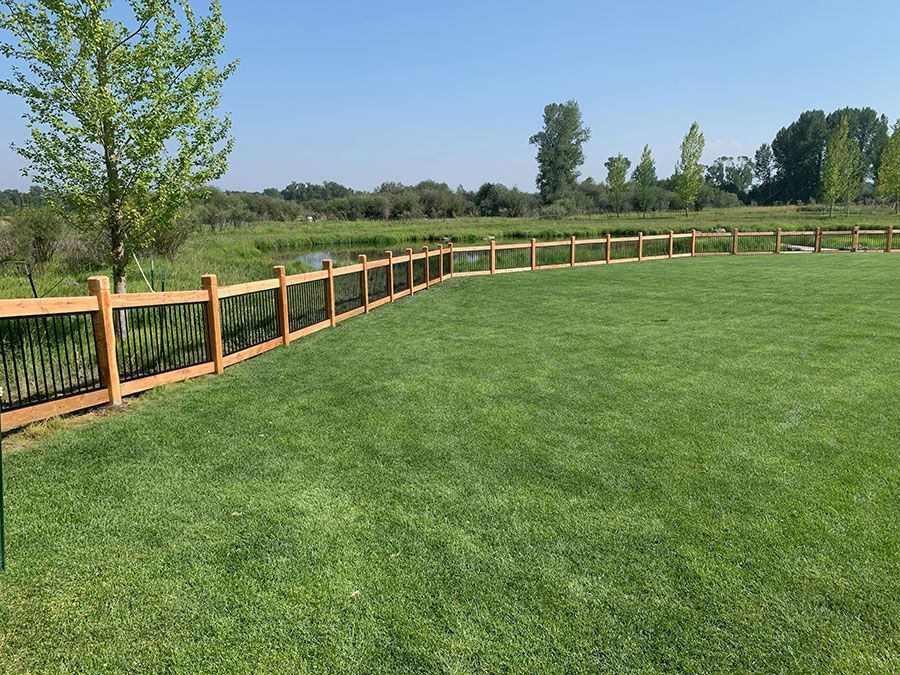Maintaining your fence doesn't always require a professional. With the right tools and a bit of know-how, you can handle many common issues yourself and save money. Here's how you can tackle basic fence care like a pro!
The Must-Have Tools for Fence Care
Before diving into fence maintenance, make sure you have the right tools on hand. Here's a list of essentials for most DIY fence care projects:
- Hammer – A hammer is essential for securing loose nails or repairing broken fence boards.
- Screwdriver – Ideal for tightening screws on wooden or metal fences
- Post Level – Helps keep your fence posts straight and secure
- Paint or Stain – Helps protect wood from the elements and extend its lifespan
- Wire Cutters – Wire cutters are great for trimming wire fences or removing tangled vines.
Step-by-Step Guide for Common Issues
Repairing a Loose Board
Fixing a loose or damaged fence board is easy and quick. Here's how you can do it:
- Take out any loose nails or screws with a hammer or screwdriver.
- Align the board with the fence and secure it with new screws or nails.
- Consider adding a corner bracket or additional reinforcement to ensure stability.
How to Stain and Seal Wooden Fences
Staining or sealing your wooden fence helps protect it from weather damage and keeps it looking fresh:
- Begin with a thorough cleaning, ensuring you remove all dirt, debris, and mildew.
- Select an appropriate stain or sealant that is intended for exterior applications.
- Use a brush or sprayer to apply the stain, starting from the top and working your way down.
- Ensure the fence dries completely before you put it back to use.
Knowing Your Limits: When to Seek Help
Not every fence issue can be fixed with a DIY approach. While minor repairs like tightening screws or replacing boards are manageable, more complex problems may require a professional's expertise:
- Major structural issues, like leaning posts or a sagging fence.
- Electric fences or high-security fences that need specialized skills.
- When weather damage compromises the fence’s structure, it’s best to get professional assistance.
If you're unsure whether your repair is beyond your skill level, it's always better to call a pro. It can save you time, money, and potential frustration in the long run.
